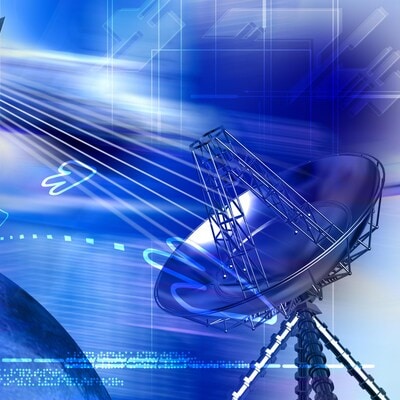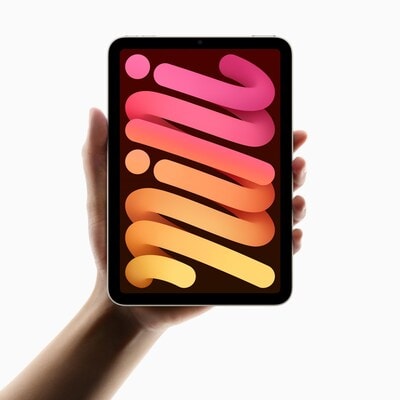1. Introduction to 5G Technology
1.1 What is 5G?
5G is the fifth generation of mobile network technology, to provide faster speeds and more reliable internet connections compared to its predecessors. Imagine downloading a movie in seconds or connecting multiple smart devices without any hiccups.’s the promise of 5G!
1.2 Key Features of 5G Technology
The key features of 5G technology include:
- Ultra-fast Speeds: With potential speeds reaching up to 10 Gbps, 5G is significantly faster than 4G.
- Low Latency: This means almost instant communication, ideal for real-time applications like gaming and video calls.
- Enhanced Capacity: 5G can handle a massive number of devices simultaneously, making it perfect for smart cities and the Internet of Things (IoT).
- Improved Reliability: 5G networks are designed to be more robust and stable, reducing the likelihood of dropped connections.
1.3 Global Adoption of 5G
Globally, many countries have already embraced 5G technology. From the United States to South Korea and parts of Europe, cities are increasingly equipped with 5G networks, attracting businesses and increasing consumer satisfaction. Countries that have made strides show that 5G isn’t just a fad—it’s the future of connectivity.
2. Current State of Internet Connectivity in Pakistan
2.1 Overview of Existing Internet Services
Pakistan’s internet services are predominantly based on 3G and 4G technologies. While these have transformed communication and connectivity over the past decade, many rural areas still lack reliable access. Major cities like Karachi and Lahore enjoy decent internet speeds, but on-the-go connectivity can still be spotty.
2.2 Challenges Faced by Current Internet Users

Current internet users in Pakistan face several challenges, including:
- Limited Availability: Many regions still depend on slow dial-up or fixed broadband.
- Affordability: Data packages can be expensive relative to average incomes, making it harder for many to stay connected.
- Infrastructure Issues: Poor infrastructure leads to frequent outages and slow speeds.
2.3 Government and Private Sector Initiatives
Recognizing these challenges, both the government and private sector are taking steps to improve internet connectivity. Initiatives include investing in infrastructure, expanding fiber-optic networks, and encouraging public-private partnerships to bring better services to underserved communities.
3. Timeline for 5G Launch in Pakistan
3.1 Historical Context of Mobile Networks in Pakistan
Pakistan’s mobile network journey began with the introduction of GSM technology in the early 2000s. This laid the foundation for explosive growth in mobile communication. Over the years, we’ve seen the roll-out of 3G in 2014 and 4G in 2016. Now, with the buzz around 5G, it’s an exciting time for tech enthusiasts.
3.2 Expected Timeline for 5G Rollout
While there’s no official launch date yet, experts are optimistic that 5G could be commercially available in major urban centers within the next 1-2 years. Pilots and testing are currently underway, and many telecom companies are eager to jump in.
3.3 Key Stakeholders Involved in the Launch
The successful launch of 5G in Pakistan will involve multiple stakeholders, including:
- Telecom Companies: Key players like Jazz, Telenor, and Zong are already gearing up for the roll-out.
- Government Bodies: Agencies like the Pakistan Telecommunication Authority (PTA) will play a crucial role in regulating and overseeing the transition.
- Technology Partners: Companies specializing in network solutions and technology will contribute to improving infrastructure.
4. Potential Impact of 5G on Pakistan’s Economy
4.1 Influence on Different Sectors (e.g., Healthcare, Education)
5G has the potential to significantly affect various sectors in Pakistan:
- Healthcare: With better connectivity, telemedicine can flourish, allowing doctors in urban centers to consult with patients in remote areas.
- Education: 5G can enhance online learning experiences and easily enable video conferencing for classrooms that reach students across the nation.
4.2 Opportunities for Startups and Innovation
Startups are likely to benefit immensely from 5G technology, as it opens doors to innovations that depend on real-time data transfer and IoT applications. Entrepreneurs can create solutions that tackle local issues, leading to job creation and economic growth.
4.3 Challenges and Risks Ahead
However, the journey to fully adopting 5G isn’t without hurdles. Some challenges include:
- High Costs: Setting up the required infrastructure can be quite expensive for telecom providers.
- Digital Divide: Care must be taken to ensure that the rollout doesn’t widen the gap between urban and rural areas.
5. Public Reception and Anticipation
5.1 Perceptions of 5G Among Consumers
Consumers in Pakistan are largely excited about the prospect of 5G. Many are looking forward to faster internet speeds and improved connectivity. The anticipation of being part of a global trend in technology is palpable, especially among the youth.
5.2 Role of Awareness Campaigns and Education
To ensure smooth adoption, ongoing awareness campaigns will be essential. Educating the public about the benefits, uses, and safety of 5G technology can help alleviate any fears and misconceptions that may arise.

5.3 Concerns and Misconceptions Surrounding 5G
Despite the excitement, some concerns linger. Common misconceptions about 5G being harmful to health or causing security issues need to be addressed. Transparency from telecom providers and government bodies can help ease these worries.
Conclusion
5G internet is poised to transform connectivity in Pakistan, promising advances that can impact multiple sectors of the economy. Its launch brings both exciting opportunities and challenges, the balance of which will shape the future of internet access in the country.
Frequently Asked Questions (FAQs)
1. Will 5G be available nationwide in Pakistan?
While major urban areas are likely to see 5G first, the nationwide rollout will take time and might require additional infrastructure improvements.
2. What devices will be compatible with 5G?
Most new smartphones and devices coming to the market are being designed with 5G compatibility. However, older models may need to be upgraded for users to take advantage of 5G.
3. How will the introduction of 5G impact internet costs for consumers?
While initial costs might be higher due to infrastructure investments, competition among service providers is likely to lead to affordable data plans in the long run.















Leave a Reply